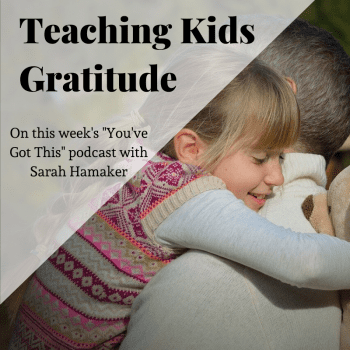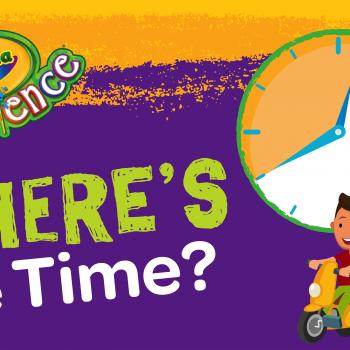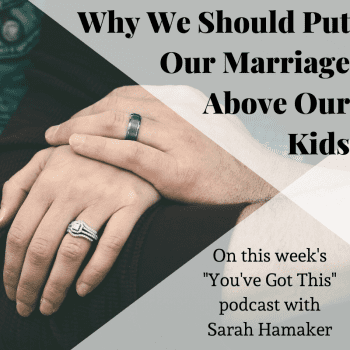
The following is an excerpt from my interview with Christine Stevens on my podcast, “You’ve Got This.”
Talk to any new parent, and the topic of sleep will come up—how is the baby sleeping? Are you getting any sleep? Those are the questions that dominate the conversation for a mom of an infant. Attention to sleep wanes as the child grows into a preschooler, as parents are lulled into thinking that their sleep troubles are behind them. “As kids get older, they change into little people who tell us what they like and what they don’t like,” said Christine Stevens, a certified pediatric sleep consultant and coach.
But while we’re almost hyper aware of sleep with babies and toddlers, we pretty much ignore sleep as our kids get older, and that can be a mistake. (For more about older kids and sleep, read my Washington Post article, “Why you need to pay attention to older kids’ sleeping habits.”)
“Sleep deprivation really plays havoc with our brains,” Stevens said. “Think about what you feel like after a broken night of sleep—you really don’t feel well the next day, your performance at work is probably be a little bit slower and it’s hard to remember things.” Sleep deprivation can also make us short with others and make us hungrier than usual.
Stevens also addressed some of the common questions about sleep.
We can catch up on our sleep. “It’s true that you can catch up if you’re a little bit sleep deprived, but if you’ve been chronically sleep deprived, you can’t catch up enough,” she said.
Chronic sleep deprivation in kids can mimic attention deficient disorders. This is absolutely true,” she said. “Kids with sleep deprivation can mimic the symptoms of attention deficient disorders, such as not being able to sit still, running around in circles, etc.”
Teens are biologically wired to stay up late. A teen’s circadian rhythm changes to make them stay awake longer into the evening, so that’s why they’re not as tired in the evenings.
Screen time interferes with our body’s ability to fall asleep and get a good night’s rest. “The blue light that emits from a TV, phone or tablet tells your brain to stay away,” she said. “It’s like going outside in the sunshine to wake yourself up.” She recommended turning off screens at least 30 to 60 minutes prior to bedtime to allow your brain to shut down.
Here’s her top four sleep tips for any age:
- Make sure you have a good bedtime routine. Kids will need help establishing this.
- Make sure you are getting to bed at a reasonable hour. Children need between 10 and 12 hours of sleep a night. Teens need between 9 and 9½ hours, and adults need between 7 and 9 hours of sleep per night.
- Set boundaries around sleep. Sleep is as important to the body as food is, so make sure you make sleep a priority in your home.
- Be consistent. Yes, it’s okay to allow for the occasional late night, but on the whole, consistency in sleep and bedtime routines helps keep kids, teens and adults healthy.
To hear more great advice and stories from Christine, listen to “Sleep Isn’t Just for Infants” from “You’ve Got This” podcast.












